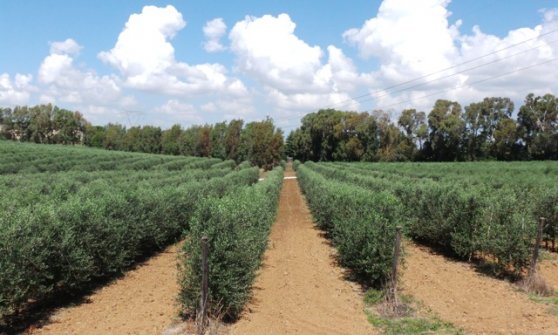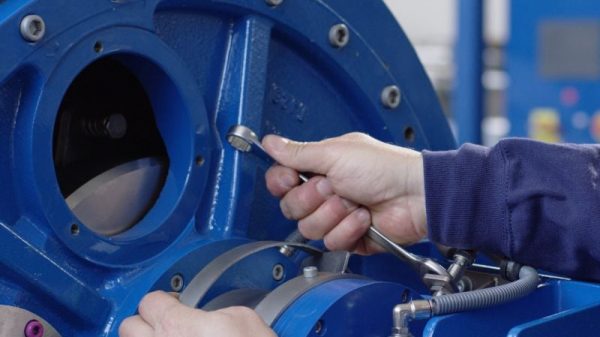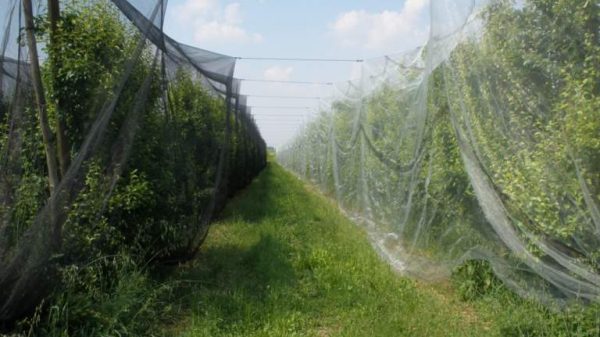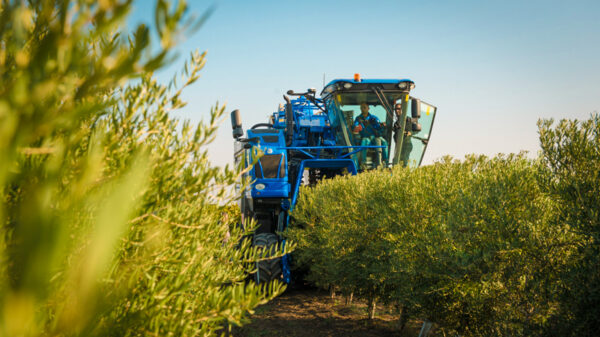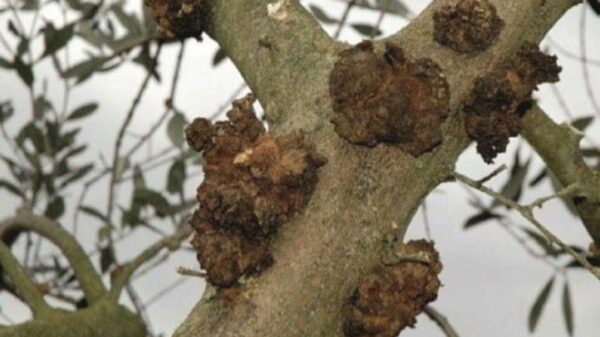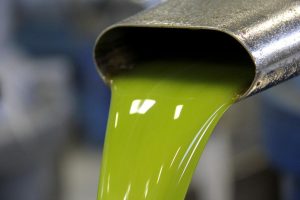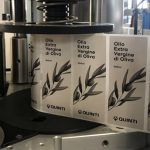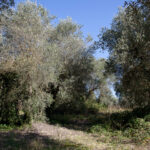Agriculture has a strong impact on the environment: it is the fifth sector for climate-altering gas emissions and contributes approximately 10% to total emissions; therefore it is increasingly advisable to adopt eco-friendly solutions that lighten the impact of agriculture on pollution. The use of zeolite fits this goal thanks to its environmentally friendly characteristics.
In Emilia Romagna, where there has been an expansion of olive growing in recent years, experiments have been conducted on the use of zeolites in olive growing. Its effects have been studied as soil amendment, in rooting substrates for improve root development of cuttings and how foliar treatment for the control of olive fly (Bactrocera oleae).
In the nursery sector, the use of zeolite has been tested to increase the rooting performance of semi-woody cuttings: in the early stages of rooting, the presence of zeolite in addition to perlite has resulted in an increase in the percentage of rooting and greater development of the root system . Furthermore, in the subsequent phases of the first and second reservoir, the addition of zeolite to the substrate made it possible to reduce the amount of irrigation water.
The use of zeolite as a soil amendment was studied in three different olive groves in Emilia Romagna for three consecutive years. The results showed that the zeolite, added during the planting phase of the plants, allowed a 50% reduction in the quantities of traditional fertilizers without altering the growth performance of the plants.
Zeolite is a valid alternative to the use of pesticides for the control of the olive fly; in fact the effectiveness of the foliar application of micronized zeolite for the control of the olive fly was compared both with applications based on spinosad than with kaolin-based applications. Zeolite has shown the same efficacy as the other products tested in controlling the infestation, without modifying the ecophysiological parameters such as photosynthesis, transpiration and stomatal conductance.
The intrinsic properties of the zeolite of high cation exchange capacity, of retaining and slowly releasing water and of mechanical covering of the plant organs can be used profitably in different phases of the olive production chain, thus making these phases more sustainable from one point from an environmental point of view.
Bibliography: Annalisa Rotondi, Lucia Morrone, Matteo Mari – Institute for Bioeconomy -CNR, Bologna
(V National Conference of the Olive and Oil - Alghero)
